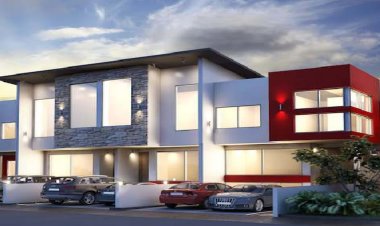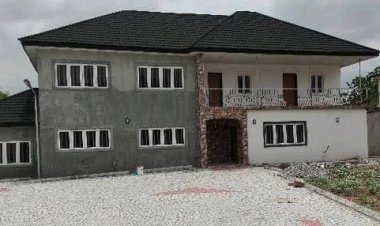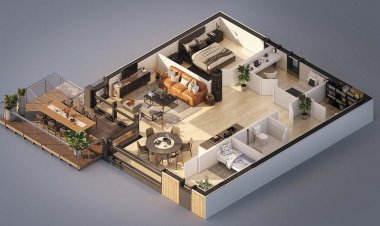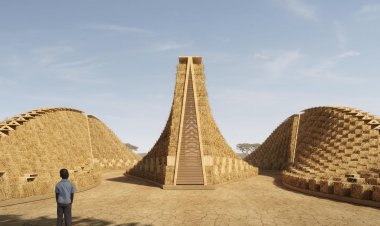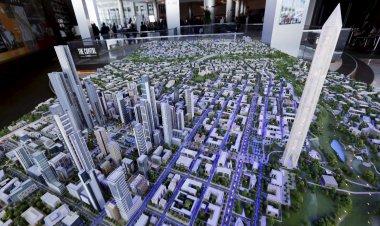Exploring Cultural Influences on Architecture and Design
From the use of traditional building materials and techniques to the incorporation of cultural symbolism and motifs, the continent's architectural landscape is a reflection of its rich and diverse heritage.
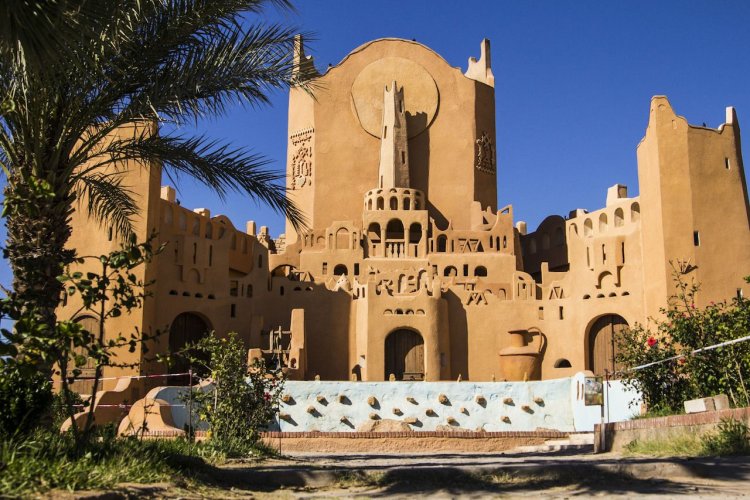
Architecture and design play a crucial role in shaping the identity and character of a society. In the context of African real estate development, cultural influences have a significant impact on the design and construction of buildings. Herein, we explore how cultural elements shape architecture and design in African real estate development, highlighting the unique characteristics and influences that define the built environment in various regions across the continent.
Cultural Diversity in African Architecture
Africa is a continent known for its rich cultural diversity, with each region boasting a unique heritage and history that is reflected in its architecture and design. From the mud-brick structures of West Africa to the intricate stone buildings of East Africa, the continent's architectural landscape is a testament to the diverse cultural influences that have shaped its built environment over centuries.
One of the key factors that influence architecture and design in African real estate development is the region's climate and geography. In hot and arid regions such as North Africa, buildings are often designed with thick walls and small windows to provide insulation from the heat, while in tropical regions like Central Africa, buildings are elevated on stilts to protect against flooding and allow for natural ventilation.
Cultural Symbolism in African Architecture
In addition to climate and geography, cultural symbolism also plays a significant role in shaping architecture and design in African real estate development. Many African societies have a strong connection to their cultural heritage, and this is often reflected in the design of buildings and structures.
For example, in countries like Nigeria and Ghana, traditional motifs and patterns are often incorporated into the facades of buildings as a way of paying homage to the region's cultural heritage. Similarly, in countries like Egypt and Ethiopia, ancient architectural styles and techniques are still used in the construction of modern buildings, serving as a reminder of the region's rich history and heritage.
Listen to the latest episode of the African Real Estate Podcast here: https://spotifyanchor-web.app.link/e/JhXC6KFViIb
Challenges and Opportunities in African Real Estate Development
While cultural influences play a crucial role in shaping architecture and design in African real estate development, there are also challenges that need to be addressed to promote sustainable and inclusive development. Rapid urbanization, population growth, and limited resources are some of the key challenges facing the continent, which require innovative solutions and approaches to address.
However, these challenges also present opportunities for architects, designers, and developers to create sustainable and culturally sensitive buildings that respond to the needs of local communities. By incorporating traditional building techniques, materials, and design elements into modern construction practices, African real estate developers can create buildings that are not only aesthetically pleasing but also environmentally friendly and culturally relevant.
Cultural influences play a significant role in shaping architecture and design in African real estate development. From the use of traditional building materials and techniques to the incorporation of cultural symbolism and motifs, the continent's architectural landscape is a reflection of its rich and diverse heritage. By embracing these cultural influences and incorporating them into modern construction practices, African real estate developers can create buildings that are not only functional and sustainable but also culturally relevant and aesthetically pleasing.
If you have a real estate press release or any other information that you would like featured on the African Real Estate Blog Post, do reach out to us via email at [email protected]









